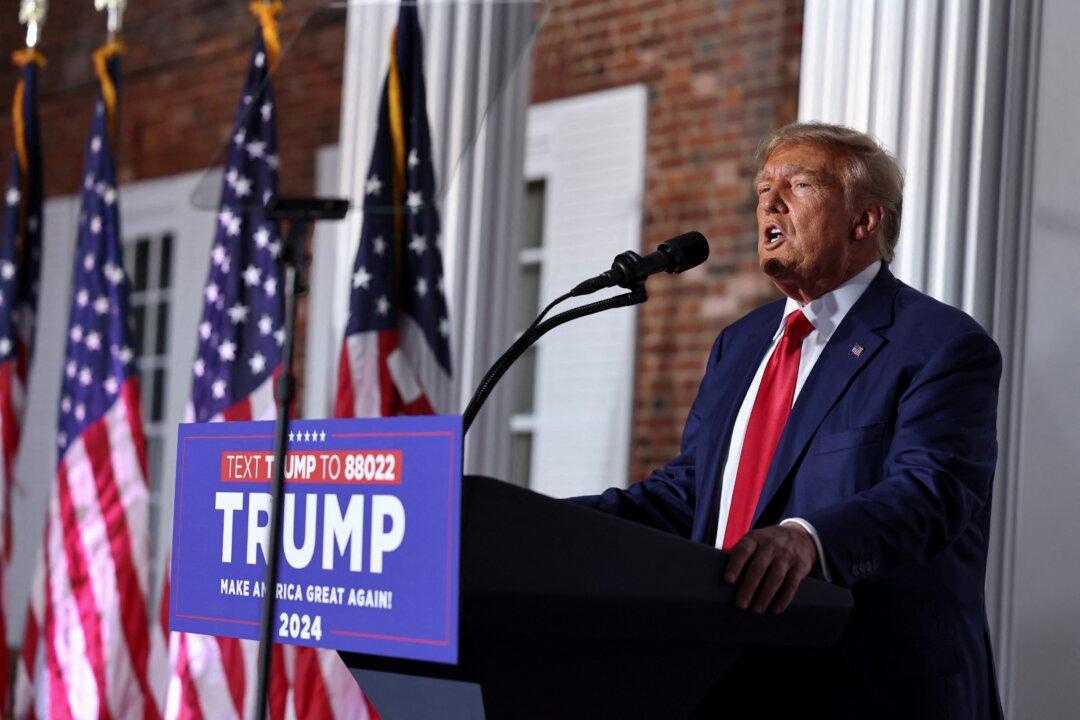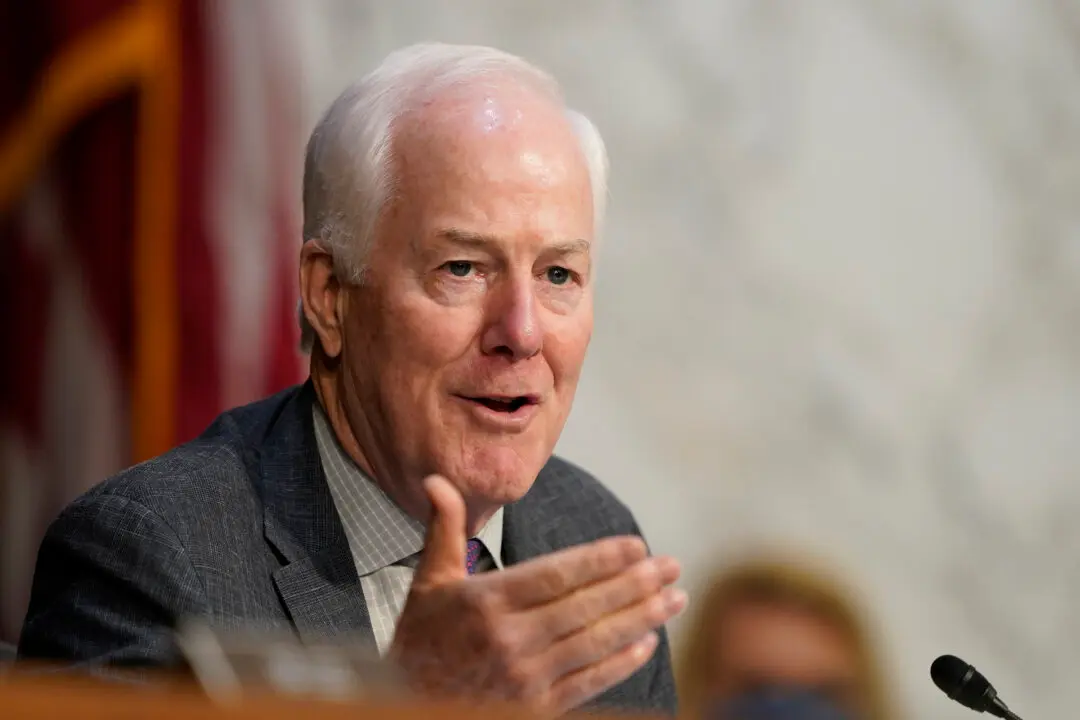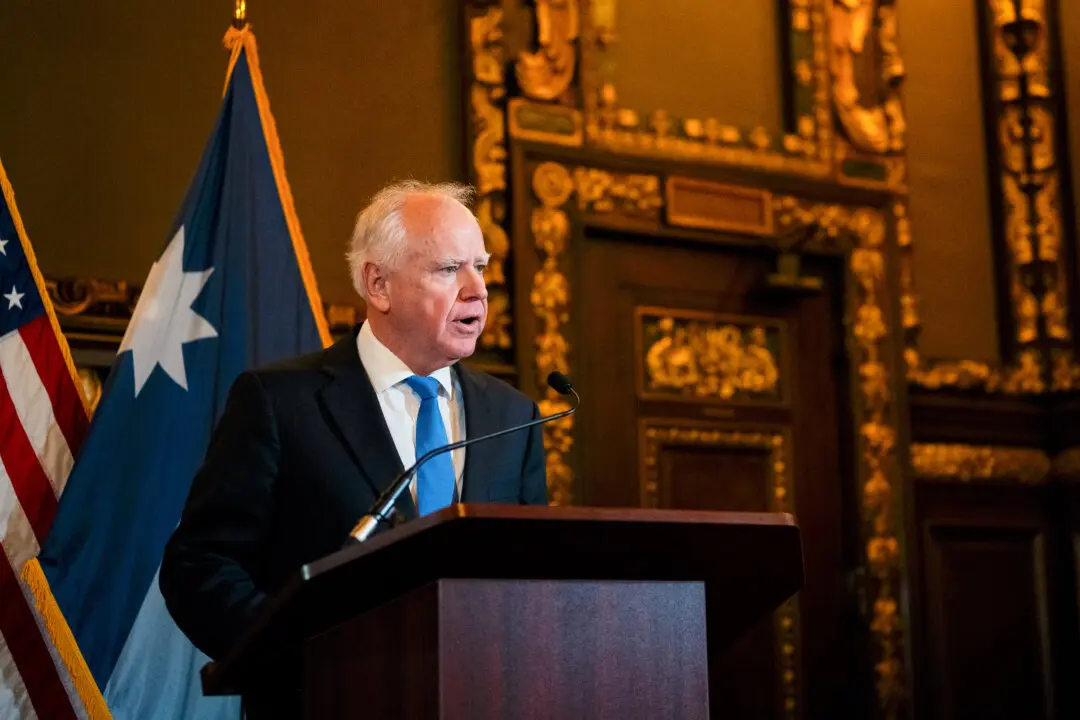A federal judge soon must make at least two key decisions that will set the stage for the historic Florida classified documents case against former President Donald Trump and his aide.
U.S. District Judge Aileen Cannon held her first pretrial hearing in the case on July 18 in Fort Pierce, Florida. After listening to lawyers’ arguments about possible trial dates for about two hours, the judge said she would issue a written decision “promptly,” The Associated Press reported.





